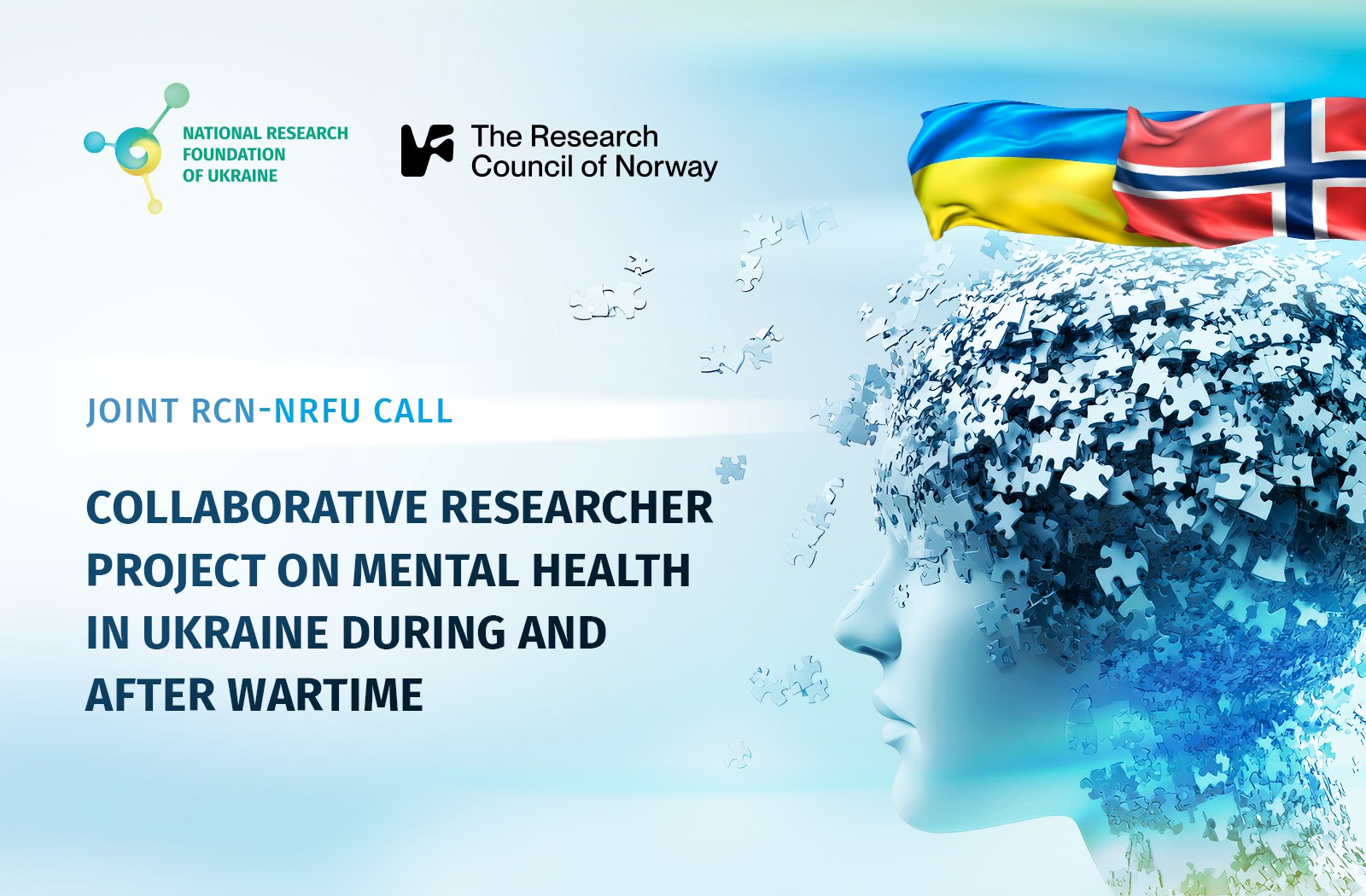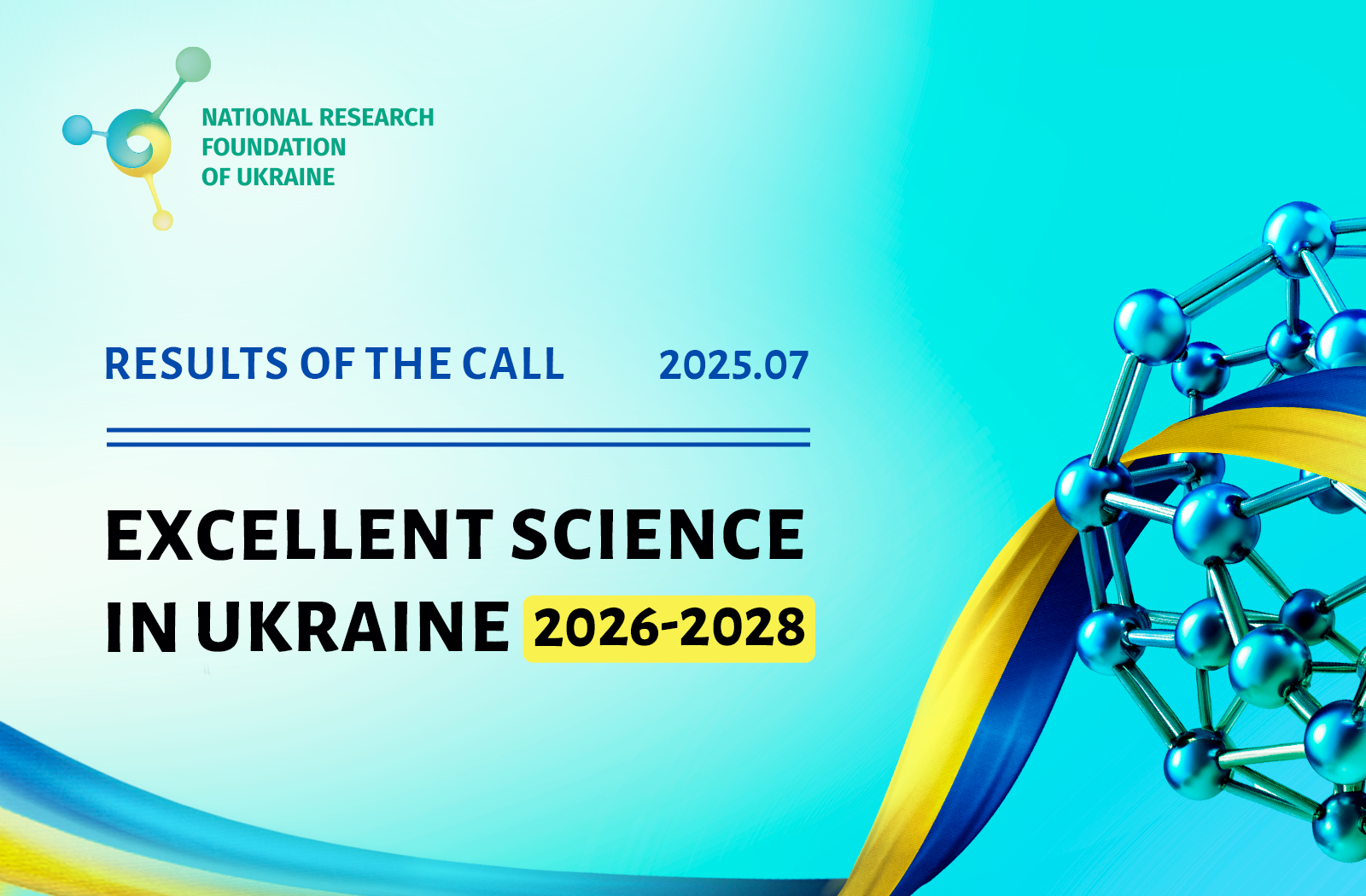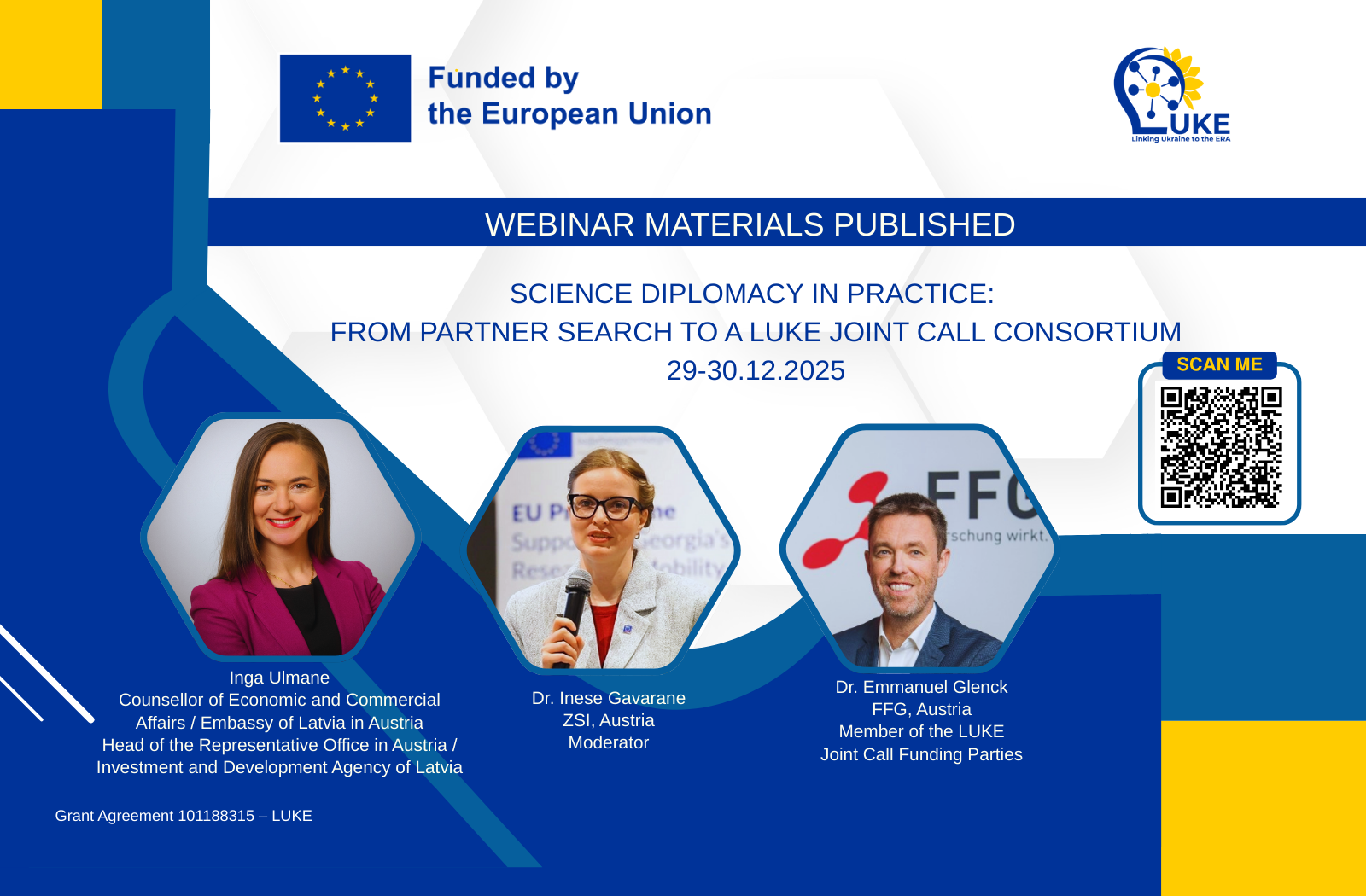Freshwater supplies on the planet are not infinite. Unfortunately, a lot of water is lost in water supply and drainage systems. According to research data, different countries lose up to 30 percent of water in these systems. Researchers from many countries, in particular a group of experts that includes professors and graduate students from the University of Amsterdam are working to solve the issue of accidents in water supply networks. Yuri Dorofieiev, Head of the Department of System Analysis and Information and Analytical Technologies of the National Technical University “Kharkiv Polytechnic Institute”, joined the group within the framework of a partnership initiative of the National Research Foundation of Ukraine and the Dutch Research Council (NWO). The project the researchers are working on is called DiTEC: Digital Twins for Evolutionary Change in Water Networks.
What do the researchers propose? Is it really possible to predict leaks and prevent accidents?
“Purified water that is lost on the way to users is called short-received water”, explains Professor Dorofieiev. ”This is a serious issue for many countries, that is why many research groups are working on developing methods for monitoring and managing water supply networks”.
Professor Yuri Dorofieiev has extensive expertise in this topic. A part of his doctoral thesis was devoted to the development of robust management of water supply networks (i.e., management under uncertain external factors). The researcher worked closely with Public Utility Company ‘Kharkivvodokanal’, studied statistics of accidents, developed models of water supply networks and effective methods of managing them. He is convinced that Kharkiv networks (as well as all other water networks) need serious evolutionary changes, preferably immediately.
The Kharkiv researcher learned about the NWO-NRFU partnership initiative and the study of Dutch researchers from Professor Victoria Degeler of the University of Amsterdam. “Dr. Degeler is a graduate of KhPI, one of the best. Everyone at the department remembers her”, the researcher tells.
The Dutch group, led by Dr. Degeler, proposes to monitor the condition of the water network using a system which was called ‘digital twin’.
Yuri Dorofieiev explained what a digital twin is using the example of Kharkiv: “The water supply system of our city has sensors that transmit data on the state of the network in real time. But there are few data, so we need a model that can predict the pressure level and water consumption at each node based on limited data”.
A group from the Netherlands is creating exactly such a system. The ultimate goal of the research is to develop a digital twin that, based on a limited amount of sensor data, will be able to identify an anomaly in the system (leak or rupture of a pipe, incorrect data from one of the sensors, etc.), determine the location of the anomaly, and send a respective signal to the dispatcher.
A group of researchers from Kharkiv suggested a non-parametric (i.e., one that does not include the parameters of the probability distribution in the calculation) method for assessing the statistical characteristics of the quality of a new type of graph neural network which is planned to be used as a digital twin. This will help to determine the sensitivity of the system and investigate the impact of water supply network parameters on the quality of its operation.
“The project’s objectives are important and challenging at the same time”, the Professor adds. ”There are a lot of uncertainties, as the water networks were laid a long time ago and the pipes are covered with sediments. It is also difficult to accurately predict the volume of water consumption by households and businesses”.
The researcher hopes that the new monitoring system will be useful for enterprises and companies involved in water supply in any country.
“Today, there are no clear algorithms that would help water utility dispatchers make decisions”, says the researcher. ”Every morning experts compare new data with the ones that came in earlier. If water consumption has increased and pressure has decreased, this may be a signal of a leak”.
By the way, ‘Kharkivvodokanal’ has considerable experience of successful cooperation with researchers. Valerii Petrosov, an academician of the International Academy of Engineering, used to help to create the water supply system in this city. Thanks to the research approach and automation, the city’s water networks have been and remain among the best in the country.
We asked Professor Dorofieiev about his work under the shellings and during blackouts, and whether he had time to complete all the tasks planned. He answered honestly that it was complicated. In July, for example, air raids in Kharkiv lasted for more than two weeks. “During one of our online meetings, we told our colleagues from the Netherlands about our research routine. They were staggered”, he recalls.
“To train modern models of artificial neural networks, you need powerful computers or access to cloud resources”, explained the researcher. ”At the same time, you need to ensure the continuity of the process. When the power is cut, the data download is interrupted and you have to start all over again…”.
However, despite the difficulties, the researcher is optimistic. He says it’s a pleasure to work with a professional team that includes researchers, graduate students, students from several universities, and specialists from the company which is the Dutch equivalent of ‘Kharkivvodokanal’. The researchers have been working on the project for less than two years, but have already managed to obtain significant results which have been published in top-rated professional journals.
“I am very grateful to the NRFU and NWO for the opportunity to cooperate”, added the Professor, ”This project makes it possible to carry out a really important study – despite the war, bombings, and blackouts. This work helps us move forward and feel part of the European research community”.
Interviewed by Svitlana GALATA






